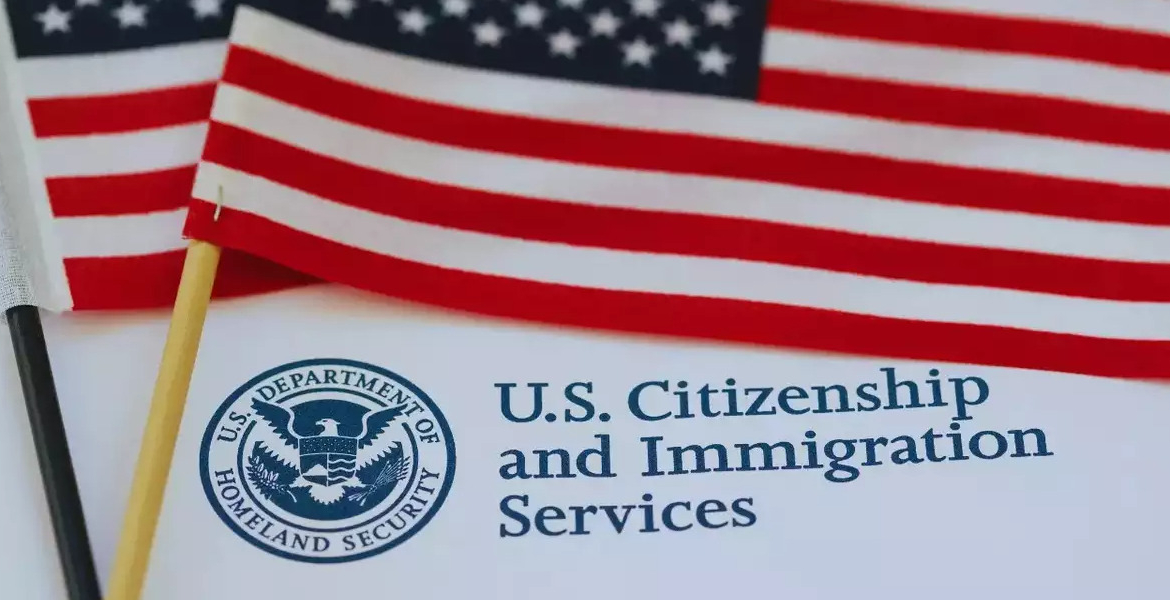
USCIS
- 1 view
The Department of Homeland Security (DHS) is considering a proposal to broaden its social media surveillance policies, requiring applicants for immigration benefits, including green cards, citizenship, and asylum, to disclose their social media handles.
The public has until May 5 to provide feedback on the measure, which would affect an estimated 3.6 million people already undergoing immigration processes within the United States. This proposal builds on existing practices initiated during the Obama administration and expanded during President Trump’s term, which already require visa applicants to disclose their social media information.
Supporters of the expansion argue that it enhances efforts to detect fraud, prevent identity theft, and mitigate potential threats to public safety. US Citizenship and Immigration Services (USCIS) asserts that stringent screening is essential to protect national security and combat ideologies seen as harmful to the country’s interests. However, the proposed policy has ignited concerns among civil liberties groups and privacy advocates.
Critics, such as Rachel Levinson-Waldman of New York University’s Brennan Center for Justice, caution against relying on social media for critical decision-making, citing the varied and often unreliable content found on these platforms. She questions the ability to derive actionable intelligence from such a complex and inconsistent data pool.
The integration of artificial intelligence (AI) into these screening processes further complicates the issue. While AI tools may offer an initial level of analysis, experts, including former USCIS director Leon Rodriguez, warn against over-reliance on automated systems, emphasizing AI's limitations and its inability to replicate the nuanced judgment of trained human officers.
A significant concern is the potential chilling effect on free speech, especially for immigrants and visa holders. While the First Amendment extends to non-citizens, the government's broad authority to revoke visas or deny applications on grounds unrelated to protected speech creates a precarious environment for those involved, according to Levinson-Waldman.
This proposal comes amid heightened scrutiny over social media activity, including recent measures targeting individuals for participating in protests deemed controversial by the US government. Advocacy groups have expressed fears that such policies could stifle dissent and disproportionately affect specific communities.
